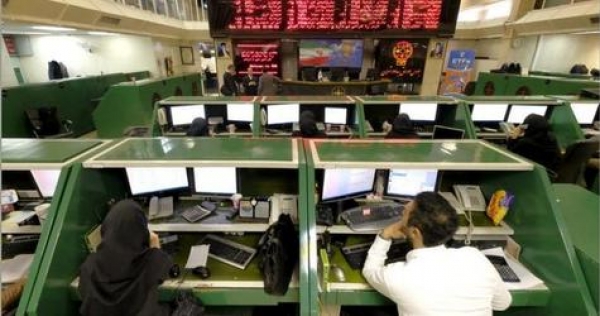In the wake of the lifting of sanctions in January, the government is laying plans to offer a range of debt instruments in the markets, where they could be bought by institutional and individual investors, rather than placing debt directly with banks and corporations.
At present, Iran's banking sector provides around 95 percent of all financing, with only a tiny portion sourced from the debt capital markets, said Navid Kalhor, equity research analyst at Agah Group, a Tehran-based investment firm.
"The banking sector is out of money and out of capital, so the government is looking to reduce its reliance on the sector. It now needs to seek the capital markets."
Several efforts are under way: the Securities and Exchange Organisation (SEO) has approved the use by the government of lease-based Islamic bonds, known as ijara sukuk, which can be underpinned by creditor assets to help settle state debts owed to local firms.
"This is aimed at diversification of available instruments for the government and introduction of new tools for investors," said Majid Pireh, senior expert in Islamic finance at the SEO's research department.
A draft budget being discussed by parliament calls for issuance of 150 trillion rials ($4.4 billion at the free market exchange rate) of ijara sukuk, part of a proposed 275 trillion rials of debt issuance for the financial year which started in March.
The draft budget also includes issuance of 75 trillion rials of Islamic treasury bills and 50 trillion rials of musharaka sukuk, a form of investment partnership which until now has been the main sukuk structure used in Iran.
The treasury bills and ijara sukuk could spur activity in Iran's dormant debt markets because they will be tradeable in the country's over-the-counter securities market, known as Fara Bourse.
"You will be hearing a lot more of these issuances, especially the ijara sukuk type," said Payam Afzali, vice-president at Kardan Investment Bank, which is advising several local companies on their sukuk issuance plans.
"The mechanism is that the papers are issued and the ownership is transferred to the creditors - the secondary market is simultaneously created."


